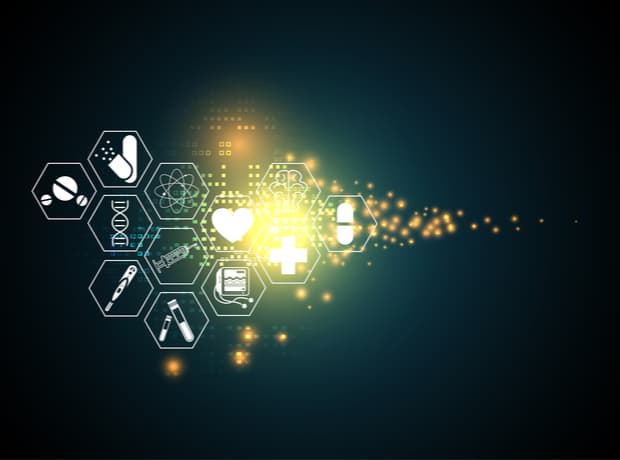UCL study reveals routine blood tests could improve early cancer diagnosis

Bowel cancer was the most common cancer to be identified in both men and women
Researchers from University College London (UCL) have found that common routine blood tests could be used to speed up and improve early cancer diagnosis for patients in a new study published in PLOS Medicine.
Researchers analysed data from more than 400,000 people aged 30 or older in the UK who had visited a GP due to stomach pain from the Clinical Practice Research Datalink, collected between 2007 and 2016, and from more than 50,000 who had visited their GP due to bloating – two-thirds of whom had blood tests following their appointment.
The team found abnormal results in 19 commonly used blood tests were linked to a higher risk of being diagnosed with cancer within a year – one in 50 people who reported stomach pain, as well as bloating, to a GP were diagnosed with cancer within 12 months.
If taken into account, researchers estimated that there would have been a 16% increase in the number of people with undiagnosed cancer who were given an urgent referral versus assessments based on symptoms, age and sex.
In addition, the risk of cancer was estimated to be 3.1% for men and women in their 60s reporting stomach pain and 8.6% and 6.1% for men and women in their 80s, whereas, among people aged 30 to 59 years with abdominal pain or bloating, anaemia, low albumin, raised platelets, abnormal ferritin and increased inflammatory markers strongly predicted a risk of undiagnosed cancer, of which only raised platelets and anaemia are currently included in guidelines for cancer referral.
Furthermore, the type of cancer identified to be most common in both men and women with these symptoms was bowel cancer, the fourth most common cancer in the UK, affecting around 268,000 people.
Lead author Dr Meena Rafiq, department of behavioural science and health, UCL, commented: “Our study suggests we can improve cancer detection with blood tests that are already available. This could be an efficient, affordable way to improve early cancer diagnosis and, in some cases, increase the likelihood of successful treatment.”







